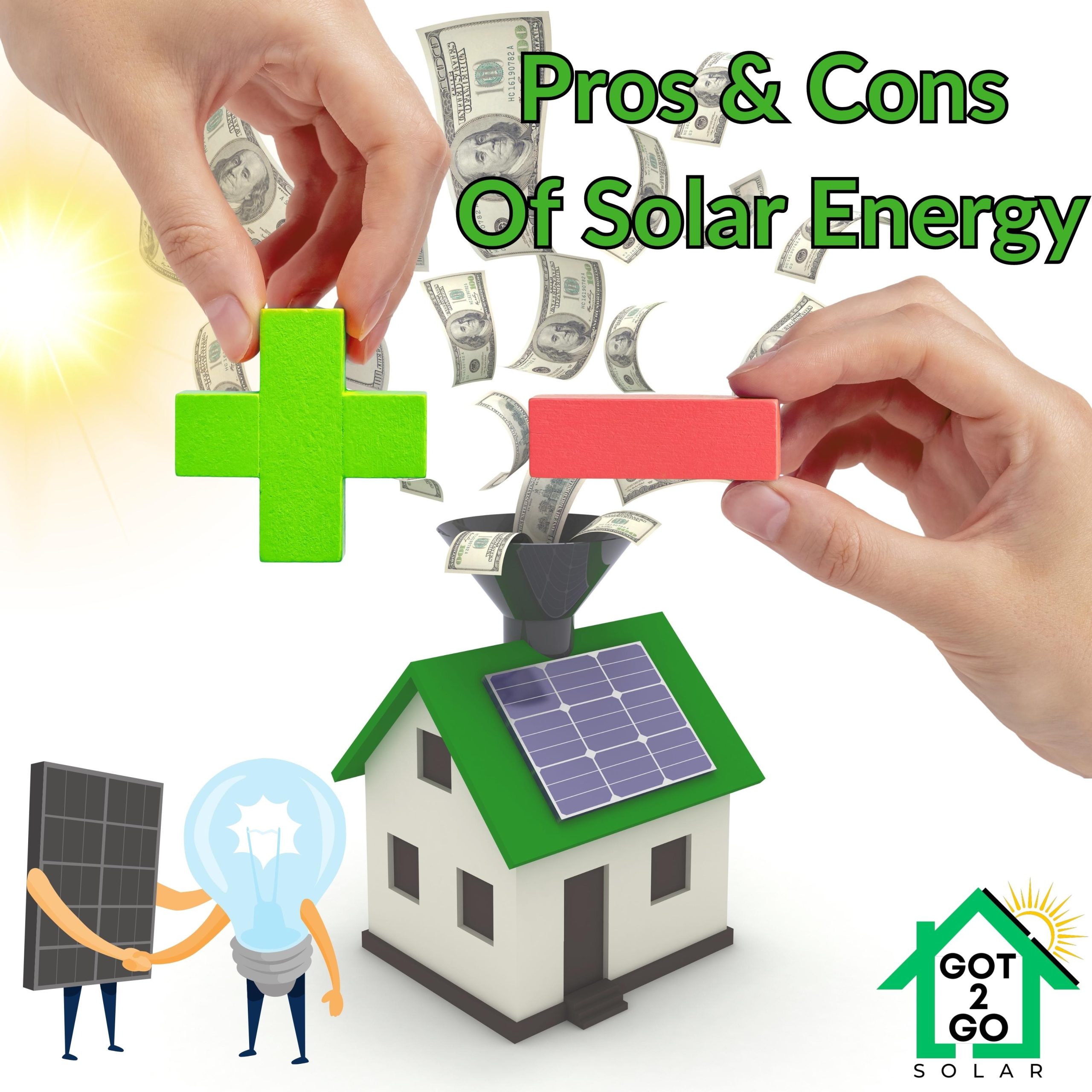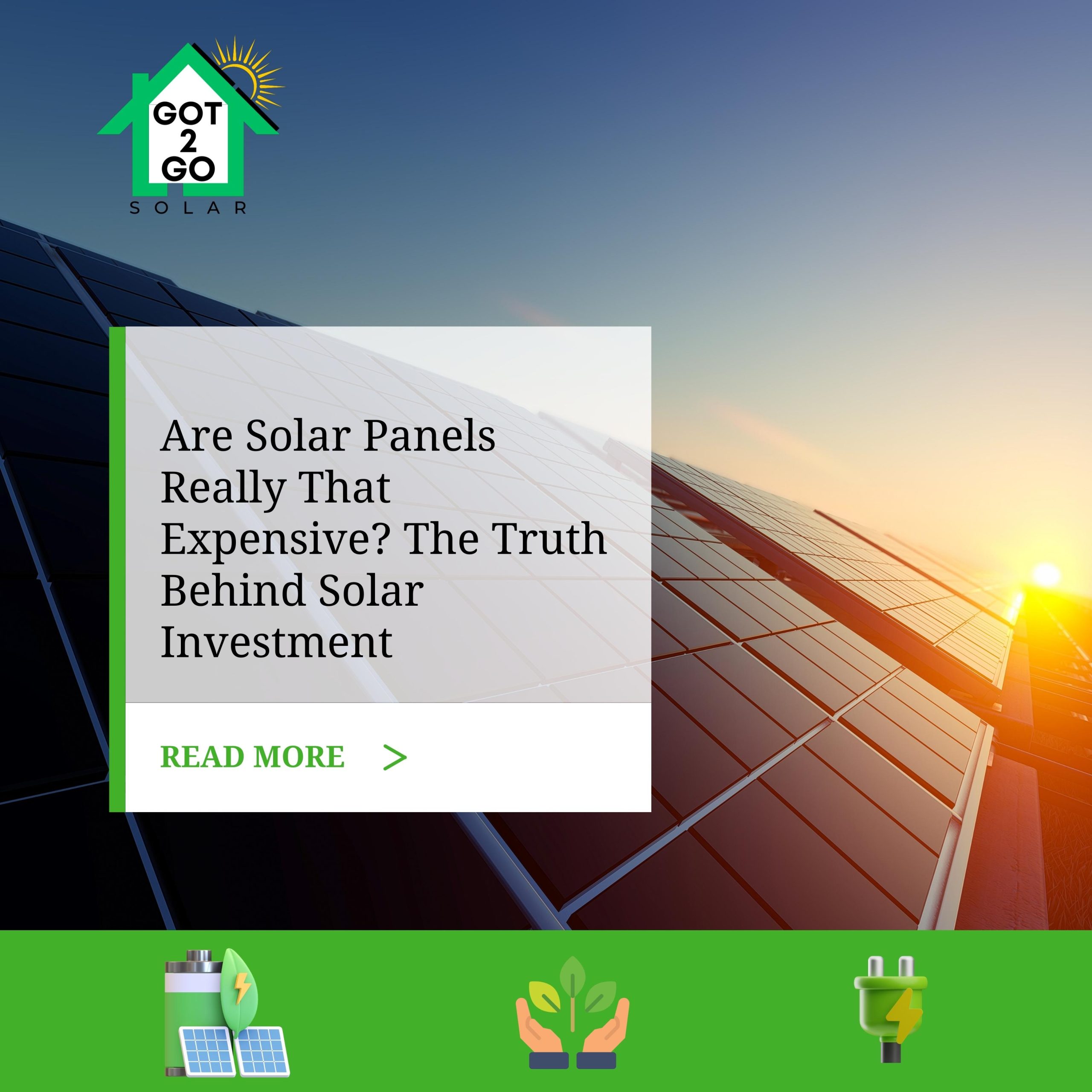“Over 4% of U.S. electricity comes from solar energy in 2023, more than 80 times the amount used a decade ago. This demonstrates the rapid adoption and increased reliance on solar energy”
https://www.forbes.com/home-improvement/solar/solar-energy-facts/
“Solar energy comprised 56% of all new generated energy capacity in the first half of 2021, which underlines the growing preference for solar energy over other forms of energy”
https://www.forbes.com/home-improvement/solar/solar-energy-facts/
Introduction
Welcome to our exploration of the world of solar energy—a limitless, clean, and increasingly efficient source of power harnessed from the sun itself. This blog post is your comprehensive guide to understanding the benefits and considerations involved in switching to solar energy.
As society becomes more conscious of environmental sustainability, solar energy has emerged as a prominent solution to our energy needs. Solar panels, which are devices that convert light from the sun into electricity, have become a familiar sight in many parts of the world. But what exactly makes them so valuable, and what are some factors you should consider before installing them at your own home?
Our purpose here is to help you, the consumer, make an informed decision about the potential of solar power for your home. We’ll delve into the pros and cons of solar energy, giving you a balanced perspective so you can decide if going solar is the right choice for you.
The Pros of Solar Energy
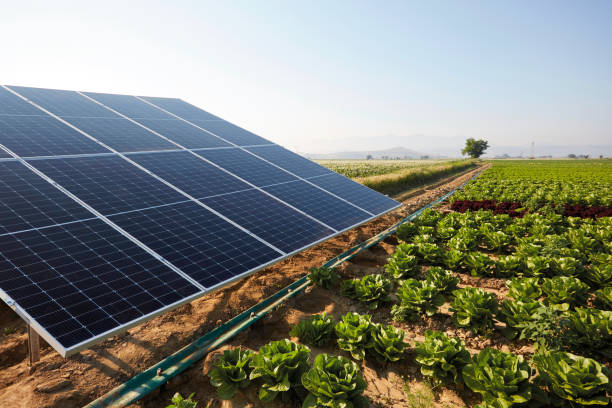
Renewable and Abundant
One of the most significant advantages of solar energy is its renewable and abundant nature. As long as the sun shines, we have a source of power that won’t run out – a stark contrast to finite fossil fuels. Solar panels capture this energy and convert it into electricity, a process you can learn more about in our blog “The Lifecycle of a Solar Panel”. This limitless supply makes solar energy a reliable and sustainable choice for powering our homes and reducing our reliance on traditional energy sources.
Reduces Electricity Bills
Switching to solar energy can lead to substantial savings on your electricity bills. Once the solar panels are installed and functioning, they produce electricity that offsets what you would usually draw from the grid. Over time, these savings add up, and depending on your solar system’s size and your electricity usage, you could drastically reduce or even eliminate your electricity bills.
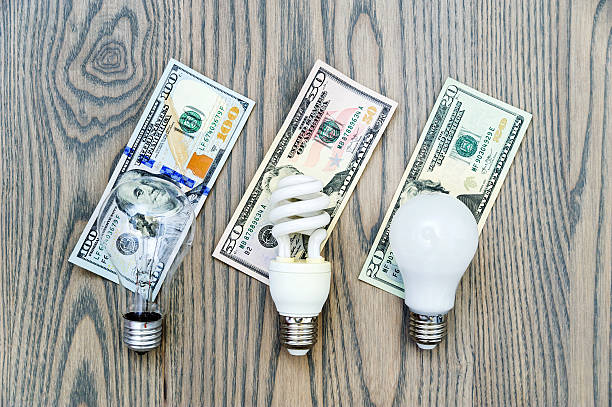
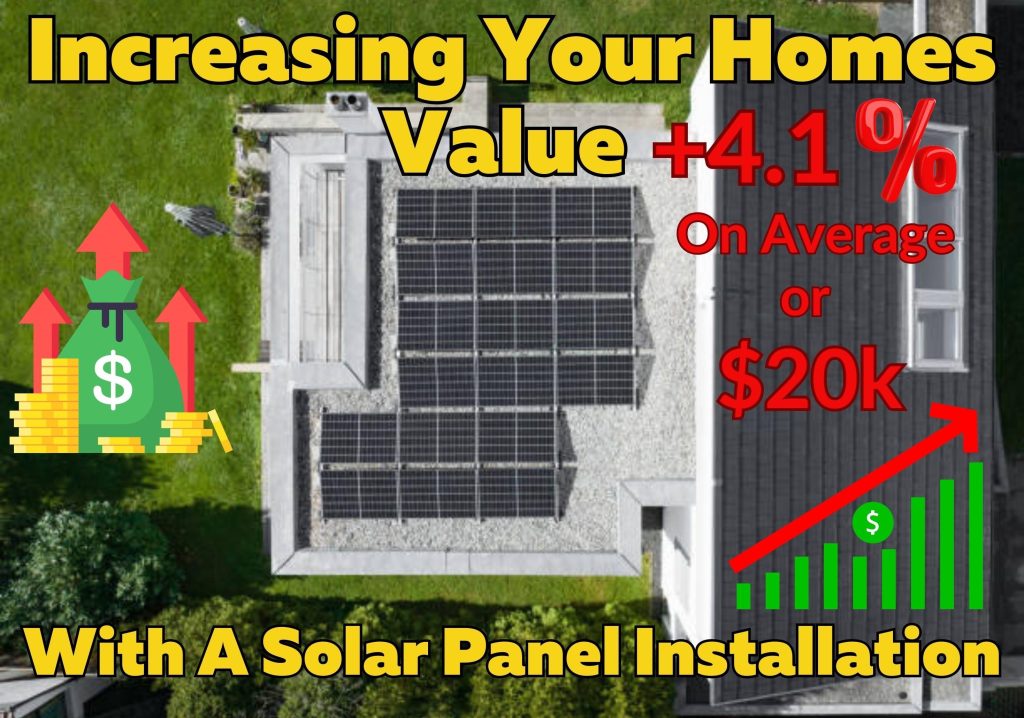
Increases Home Value
Installing solar panels isn’t just an environmental decision; it’s also a savvy investment in your property. Homes equipped with solar energy systems often attract a premium when sold. According to our blog “Increasing Your Homes Value with A Solar Panel Installation”, solar installations can increase a home’s value by up to 4.1% more than comparable homes with no solar panels. For homeowners planning to sell in the future, this is a significant benefit.
Environmental Impact
Solar energy is one of the cleanest sources of energy. It produces no harmful emissions, reduces our dependence on fossil fuels, and helps in the fight against climate change. By going solar, you’re contributing to a healthier planet. For a more detailed discussion on the environmental benefits of solar energy, check out our blog “The Environmental Impact of Solar Energy: What You Need to Know”.


Partnership with Pearl Certification
We’re proud of our partnership with Pearl Certification, a national firm specializing in the certification of high-performing homes. Homes certified by Pearl are noted for their superior efficiency, quality, and reliability. Solar-powered homes with this certification can see a significant increase in market value. To learn more about how Pearl Certification can enhance the value and marketability of your solar-powered home, visit our blog “Pearl Certification: A Partnership for Sustainable Homes”.
By understanding these benefits, it’s clear that solar energy offers a host of advantages – from financial savings to environmental stewardship, and increased property values.
The Cons of Solar Energy

High Initial Costs
While solar panels can save you money in the long run, the initial upfront cost can be a barrier for some. The cost includes not just the solar panels themselves, but also installation, wiring, and inverters. However, it’s important to remember that the initial investment will pay off over time in the form of reduced or even eliminated electricity bills. Plus, there are various financing options, grants, and tax incentives available that can help offset these initial costs.
Weather-Dependent
The efficiency of solar panels is somewhat dependent on weather conditions. Solar panels need sunlight to generate electricity, so they’re less effective in cloudy or rainy conditions, and they don’t produce power at night. However, even in less sunny climates, solar power can still be a viable option. Modern solar panels can still generate electricity in cloudy weather, albeit at a lower rate. And for the nighttime, battery storage systems can store excess power generated during the day for use when the sun isn’t shining.
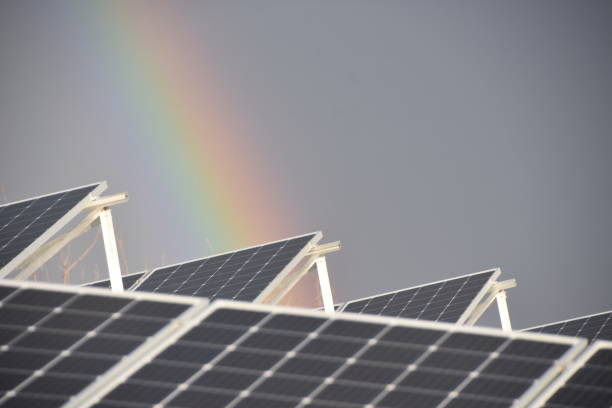
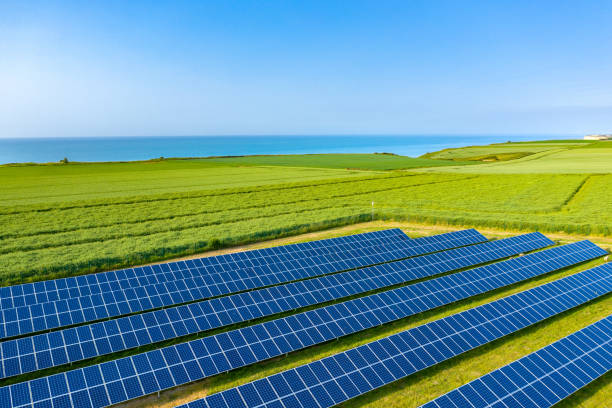
Requires Space
Solar panels require a significant amount of space for installation, which can be a challenge if you have a small roof or a lot of shade. The panels need to be installed where they’ll get maximum sunlight exposure. However, this doesn’t necessarily mean you can’t go solar. There are solutions for homes with less space or shading issues, and professional solar installers can help find the most effective placement for your panels. For more on this, read our blog “Expert Tips for a Successful Solar Panel Installation: Start with a Roof Evaluation”.
While these considerations are important, they should not be deal-breakers. With planning, expert advice, and an understanding of your unique circumstances, these challenges can be managed, paving the way for a cleaner, greener, and more self-sufficient energy solution.
Conclusion
Choosing to switch to solar energy is a significant decision that carries with it a host of benefits and a few important considerations. On the one hand, solar energy is a renewable, abundant source of power that can significantly reduce your electricity bills, increase your home’s value, have a positive environmental impact, and bring additional benefits through our partnership with Pearl Certification.
On the other hand, it’s crucial to be aware of the upfront costs, the influence of weather conditions on efficiency, and the space requirements for solar panel installation. These factors will vary depending on your specific circumstances, including your location, home design, and financial situation.
As you weigh these pros and cons, remember to consider the long-term benefits of solar energy. The upfront costs can be offset by the long-term savings on electricity bills, increased home value, and the satisfaction of contributing to a more sustainable future.
Before making a decision, it’s crucial to understand the basics of solar panels and how they function. We recommend reading our blog “Understanding the Essentials of Solar Panels” as a starting point. By familiarizing yourself with this information, you’ll be better equipped to make an informed decision about whether solar power is the right choice for your home.
We hope this guide has provided valuable insights into the world of solar energy. As always, we are here to assist you on your journey towards a more sustainable and energy-efficient future.



